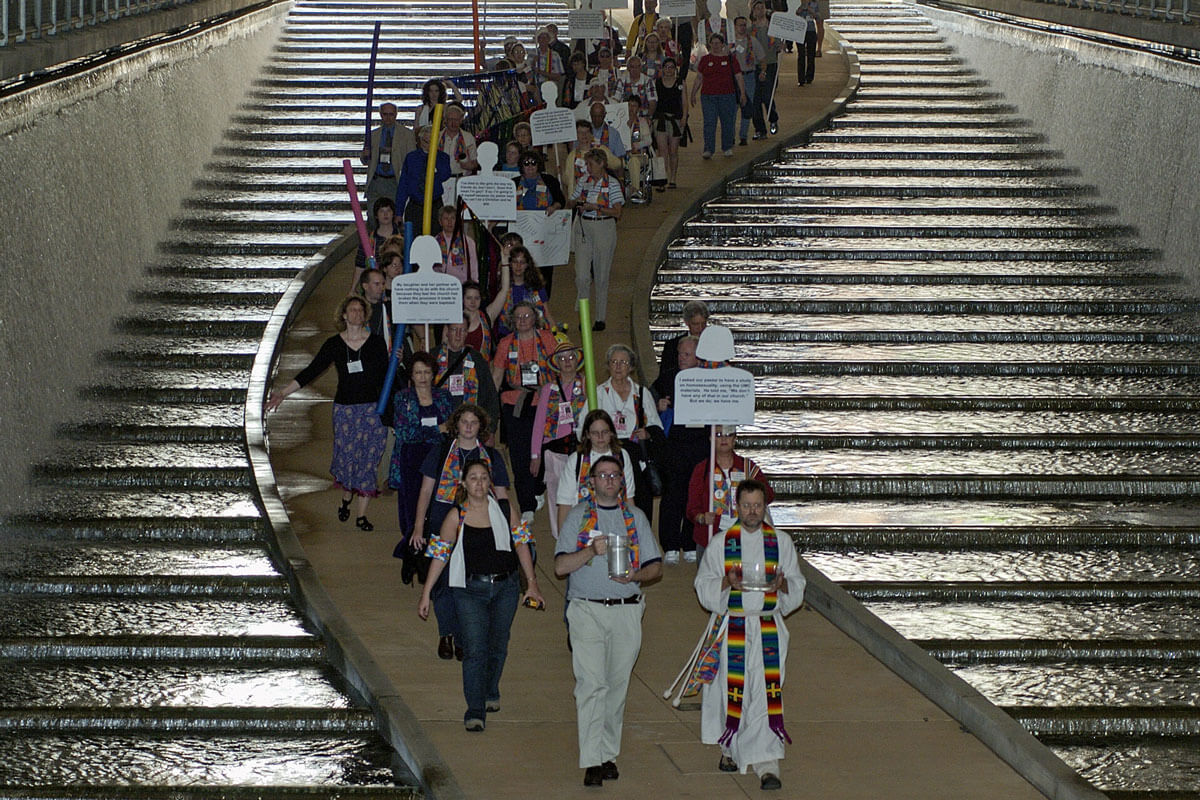The 2004 General Conference made clear that “the Connectional Table is to be motivated by faithfulness to the mission of the church to make disciples of Jesus Christ; global in scope and holistic in understanding; inclusive in nature and collaborative in style; and while being efficient in the stewardship of resources, be transparent, accessible, and accountable in all relationships.”

Chairs of the Connectional Table have included bishops John Hopkins, Bruce Ough, and Christian Alsted. Bishop Mande Muyombo is the first chair of the CT from the African central conferences. Bishop Alsted was the first central conference chair. The Connectional Table and its predecessor organization, the General Council on Ministries, have been led by executive officers David Lundquist, Bishop Sharon Rader, Mary Brook Cassad, Rev. Dr. Amy Valdez Barker, and Bishop Kennetha Bigham-Tsai.

